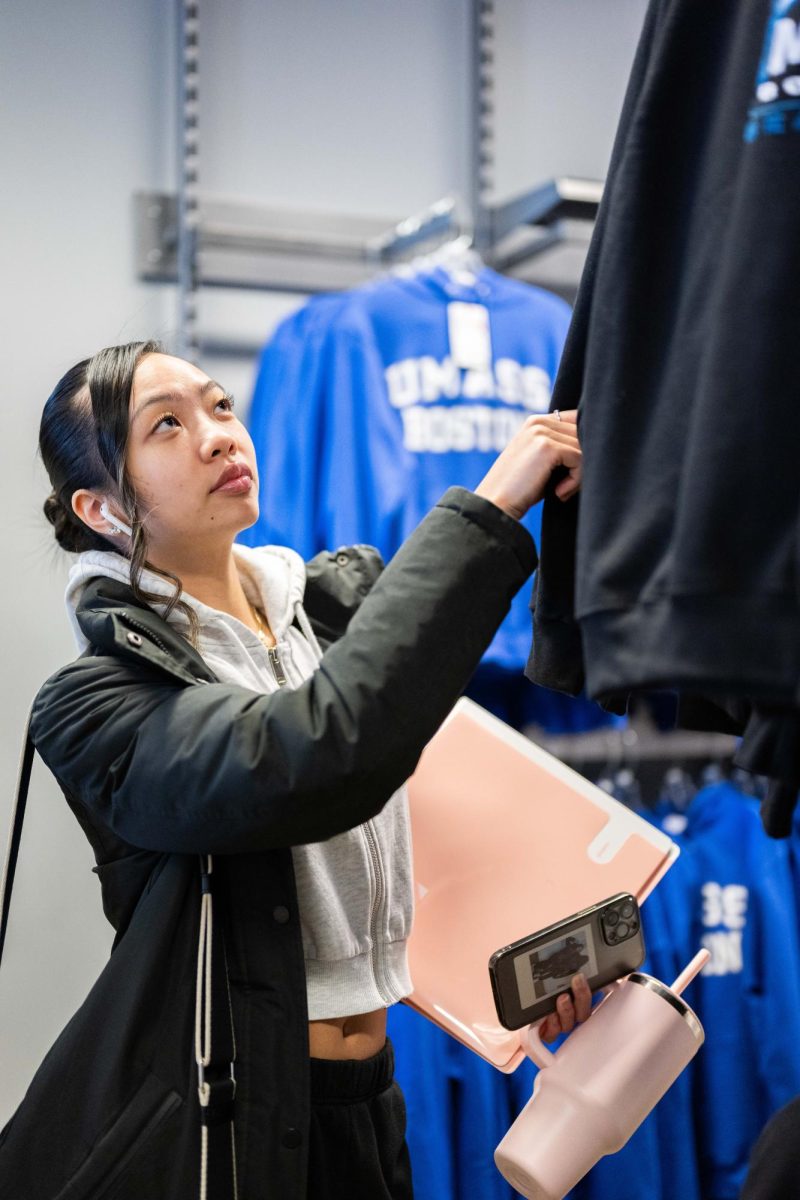The City of Boston could soon join other municipalities such as New York City, London and Pittsburgh with its own official line of merchandise. Boston City Councilor Sharon Durkan filed an order for a future hearing discussing the possibility of licensing official Boston merchandise. [1]
This decision comes in the wake of successful programs in other cities and towns. New York City, the main driver and inspiration behind this idea, reported in 2010 that “annual retail licensing sales exceeded 24 million dollars.” [2]
Across the pond, London sells maps, posters, books and other novelties for a wide variety of age ranges—whether it’s notecard sets with art from the Victorian era, bags and accessories, or stuffed animals and rubber duckies. [3]
Pittsburgh launched its first officially branded merchandise collection just last year. In collaboration with the apparel decorating company CommonWealth Press, Pittsburgh sold its own apparel, mugs, pint glasses and stickers in stores and online. [4]
According to an article from the Advertising Specialty Institute, “Interestingly, sales are coming not just from within Pittsburgh and its immediate environs. That could have something to do with the Pittsburgh diaspora—people with personal/familial roots who live elsewhere in the United States but who have a special place in their hearts for the city and want to show that.” [4]
The success of merchandising sales for other cities shows that Boston can be successful too. However, before the city can see benefits from that success, it needs to consider the costs of such an endeavor and lessons learned from its compatriots.
New York City, whose example Boston is following, said in the same government report—where the city made 24 million from sales—that it only saw that success “after several years of legal fees outweighing revenues.” New York City had to send out “600 cease and desist letters to infringers and settled infringement cases of several hundred thousand dollars.” [2]
Moreover, when considering local companies and businesses to partner with for merchandise, “several well known companies appeared interested in the City’s trademarks early on in the process. However, after becoming uncomfortable in the drawn out process, they dropped out of the competition.”
As a result, New York City decided to create “a new process that will allow more freedom and flexibility to offer licensing rights on a broader scale. This process is key to the ongoing success of the program.”
Without the help of local companies, businesses and designers, the prospective Boston City merchandise collection cannot succeed, so the city should make the process to include them as easy as available.
Greater Boston Chamber of Commerce CEO Jim Rooney says he supports the idea for official city merchandise as long as small businesses are part of the conversation. In an article for NBC Boston, Rooney said, “that they are, in fact, able to benefit from something like this, and that maybe it doesn’t intrude on things that they are already doing.” [5]
Boston has not licensed an official merchandise line for years, and in that absence, there are many created by independent sellers. Without punishing these businesses too much and spending costly legal fees, Boston may opt to instead distinguish official merchandise with “officially licensed hang tags and holographic decals” like the city of New York did after 2010. [2]
- https://boston.legistar.com/LegislationDetail.aspx?ID=6512891&GUID=E78D44B4-1041-45F2-BA2B-A9F447C2B8A7&Options=ID|Text|&Search=merchandise
- https://www.nyc.gov/assets/globalpartners/downloads/pdf/NYC_Tourism%20Marketing_CMLP.pdf
- https://shop.cityoflondon.gov.uk/
- https://members.asicentral.com/news/newsletters/promogram/july-2023/creating-pittsburgh-s-first-ever-official-branded-merch-collection/
- https://www.nbcboston.com/news/local/city-leaders-consider-plan-to-license-boston-merchandise/3281450/


